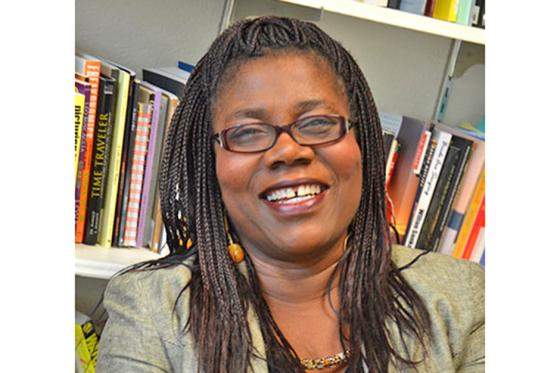Liberian Writer Wins Top Literature Award

A US-based Liberian professor of English, creative writing, and African literature at Penn State Altoona, has won two new poetry prizes.
Most recently, Patricia Jabbeh Wesley, poem, “My Name is Dawanyeno,” was selected as the winner of Prairie Schooner magazine’s Edward Stanley Award 2021, which comes with a cash prize of US$1,000. The poem was published in the winter 2021 issue of the magazine.
In September, Jabbeh Wesley was selected by Poetry Magazine as the winner of The Levinson Prize for her poems “Black Woman Selling Her House in America” and “Healing Will Come: Elegy After Natural Disaster.” The award comes with $500. These poems were published in the magazine’s June issue.
Jabbeh Wesley is the author of several critically acclaimed books of poetry and her poems, short stories, and creative nonfiction articles have appeared in magazines and anthologies, including “Harvard Review,” “Harvard Divinity Review,” “Transition,” “Prairie Schooner,” “The New York Times Magazine,” and “Cutthroat.”
Her poetry's attitude shifts between critical, bemused, revelatory, celebratory, and mournful, as she discusses both her American and Liberian lives. Jabbeh Wesley constantly makes the reader aware of her exile. The vantage point of being an outsider to both the United States and postwar Liberian cultures permits a wide-awake honesty and fresh analysis of cultures, politics, gender relations, and attitudes.
She is a Liberian Civil War survivor who immigrated to the United States with her family in 1991, the author of six books of poetry and a children's book, as well as an anthology editor. The influences and inspires most of her work. She is Christian, and her work incorporates and refers frequently to biblical themes and passages.
Also, Jabbeh Wesley attained her BA at the University of Liberia, her MS at Indiana University, and her Ph.D. at Western Michigan University. She also operates her own popular blog, Patricia Jabbeh Wesley's International Blog on Poetry for Peace, in which she tries to get readers to think "about the things that bother the world.

